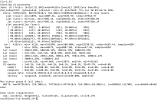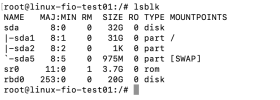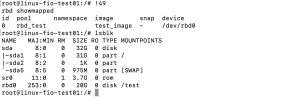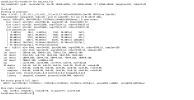I tried to test the storage performance of PVE ceph, but the performance I got was very low. I also tried some methods to optimize the test conditions, but there was basically no big change. Any suggestions are appreciated.
hardware configuration:
Node:4
CPU:2 x 6140 18 core 2.3Ghz
MEM:128G
SSD:1x Nvme 800G
HDD:2x 4TB SATA
NIC:4x1Gb+2x10Gb
hardware configuration:
Node:4
CPU:2 x 6140 18 core 2.3Ghz
MEM:128G
SSD:1x Nvme 800G
HDD:2x 4TB SATA
NIC:4x1Gb+2x10Gb









